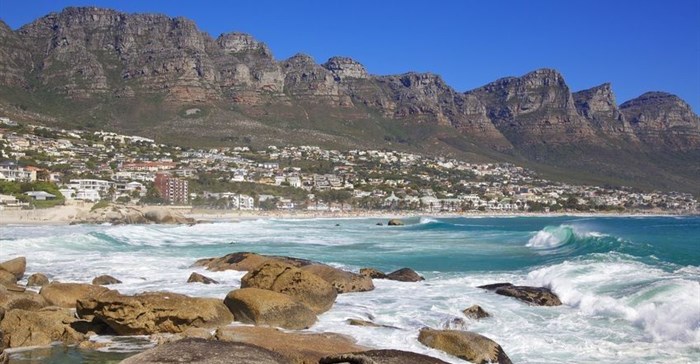
Top stories



ESG & SustainabilityRedisa calls on govt to fix South Africa’s “broken” waste management system
19 minutes



More news
















Only China’s Guangzhou (27.4%) recorded higher growth in its luxury residential property market with Cape Town beating the remaining top 10 cities, which included Aspen (19%), Amsterdam (15%), Seoul (13.2%), Frankfurt (12.9%), Seattle (12.2%), Paris (12%), Sydney (10.7%) and Madrid (10.6%).
The PIRI 100 index, or prime international residential index, formed part of Knight Frank’s 2018 Wealth Report, which tracks data on wealthy and ultra-wealthy individuals from around the world. “Cape Town is fast becoming a truly global holiday destination and an increasingly desirable residential address for South Africa’s high net worth individuals, as well as those from abroad,” said Deon de Klerk, head of Wealth for Africa Regions at Standard Bank. “The luxury residential property market in the city has really been able to capitalise on its newfound reputation as the ‘Monaco of the South’.
The stellar performance of Cape Town’s luxury residential property market is further underscored by the fact that the overall index increased just 2.1% in 2017, only moderately outperforming the rather moribund 1.4% growth recorded in 2016. Two thirds of the locations in the PIRI 100 index recorded static or positive annual price growth in 2017, with only 11% of the locations posting double-digit returns.
Knight Frank attributes the strong performance of Cape Town’s luxury residential property market, which also outperformed the city’s wider mainstream market by some margin, to a combination of both demand and supply related factors. On the demand side, the areas near Table Mountain, including the Atlantic Seaboard and City Bowl, continue to attract strong inward migration from other parts of South Africa as well as sustained foreign buying.
On the supply side, prices were further underpinned by the lack of existing stock or new development opportunities in Cape Town’s prime locations, most of which are sandwiched between the mountains and the ocean. “Anecdotally we know that there is a lot of ‘semi-grating’ occurring, with many South Africans opting to relocate to the Western Cape before they consider emigrating to other countries,” said De Klerk.
Typical prices in Cape Town range from R1.2m for a small studio apartment to R30m for a penthouse apartment. Two-bedroom, two-bathrooms apartments with secure parking fetch about R5m on average, the report said. In the last two years, Cape Town has set South African records for both the highest-ever sale price achieved for a residential home - R290m for a house in Bantry Bay – as well as the highest-ever rental price - R450,000 a month for an estate in Constantia. There is also limited opportunity to boost stock in the prime locations around the City Bowl and Atlantic Seaboard thanks to Cape Town’s unique geographic constraints, which ironically are also the greatest assets for the city’s luxury residential market as they pose a significant physical barrier to entry.
The Knight Frank report also highlighted Cape Town’s Zeitz Museum of Contemporary Art Africa (MOCAA), which opened in Cape Town in September 2017, adding to the city’s already burgeoning appeal to high net worth individuals. The museum houses 21st Century Art from Africa and its diaspora, including the private collection of German philanthropist and former Puma chief executive Jochen Zeitz.
“Art, wealth and property have been bedfellows for millennia,” the Knight Frank report said. Cape Town can comfortably add all three to its well-documented appeal.